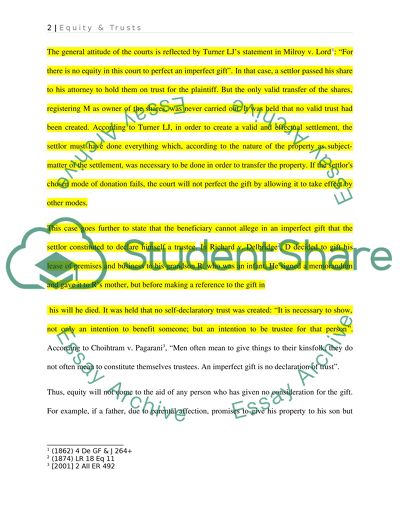Cite this document
(“Equity & Trusts Essay Example | Topics and Well Written Essays - 2750 words”, n.d.)
Retrieved from https://studentshare.org/family-consumer-science/1408323-equity-trusts
Retrieved from https://studentshare.org/family-consumer-science/1408323-equity-trusts
(Equity & Trusts Essay Example | Topics and Well Written Essays - 2750 Words)
https://studentshare.org/family-consumer-science/1408323-equity-trusts.
https://studentshare.org/family-consumer-science/1408323-equity-trusts.
“Equity & Trusts Essay Example | Topics and Well Written Essays - 2750 Words”, n.d. https://studentshare.org/family-consumer-science/1408323-equity-trusts.


